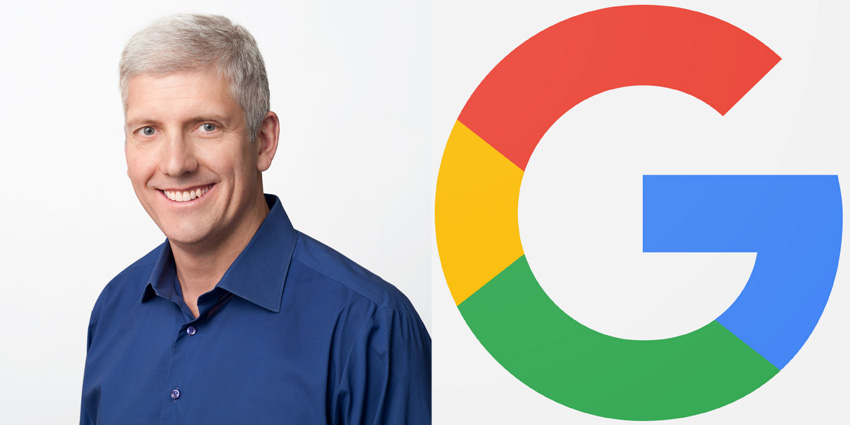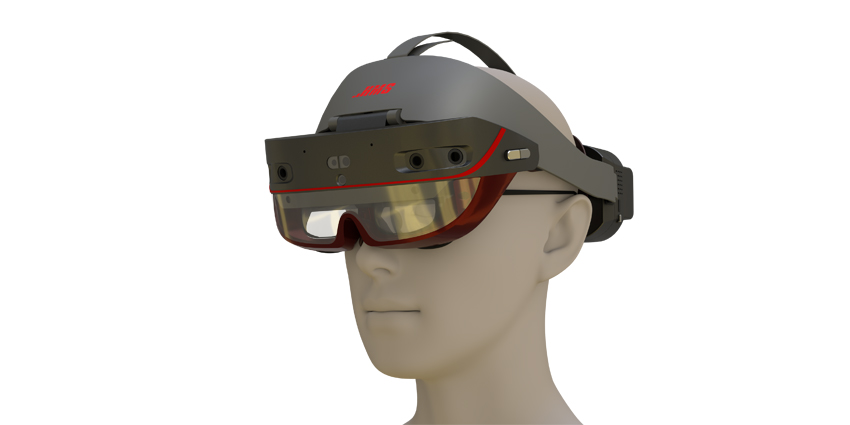US tech giant Google unveiled its “first custom-built [system on a chip]” Tensor ahead of a teaser of the company’s Pixel 6 and 6 Pro smartphones.
According to Rick Osterloh, Senior Vice-President of Devices and Services, Google had encountered computing limitations preventing the firm from “fully pursuing our mission”, leading to Tensor’s creation.
The new SoC platform would allow the Mountain View-based firm to improve its artificial intelligence (AI) and machine learning (ML) capabilities in Pixel phones, he explained, adding the latest instalments in the Pixel lineup were set for release this autumn.
But in a Business Insider interview, Mr Osterloh was asked how Tensor would boost Pixel’s augmented reality (AR) competencies, sparking a conversation on smart glasses.
According to the interview, Google Tensor would allow the firm to tackle problems in computer processing and would improve its current AR capabilities along with AI and ML features such as computational photography and speech recognition.
Osterloh said Google Tensor was the “perfect foundation for making big improvements in AR”, adding, “AR incorporates a lot of machine learning techniques to be able to understand what’s happening.”
According to him, smart glasses would become “very useful” in the long-term future, but said phone-based AR would dominate, stating,
“Without a doubt, sometime in the future, there will be the ability to have those experiences on different devices too. But for now I think your phone is the most relevant place where you’ll see a lot of them show up”
AR Smartglass Market Tensions Amid Tensor Reveal
The comments follow announcements from rival smart glass makers, including tech giants Apple, Facebook, and Lenovo, who have either released or plan to launch their wearables in global markets.
Apple has filed numerous patents unveiling technologies in its upcoming smart glasses set for release by mid-2022.
Facebook also unveiled plans in late July to prioritise its Ray Ban smart glasses, which aim to replace smartphones with key features such as voice calling and live stream broadcasts, among others.
The news follows statements from Mark Zuckerberg, Founder and Chief Executive of Facebook, who urged his company to shift to become a “metaverse firm.”
Lenovo also revealed in a LinkedIn post in late July its ThinkReality A3 smartglasses were available for purchase, which would allow organisations and professionals to streamline workflows and tether to select Motorola phones while in challenging environments, the company said in previous statements.







